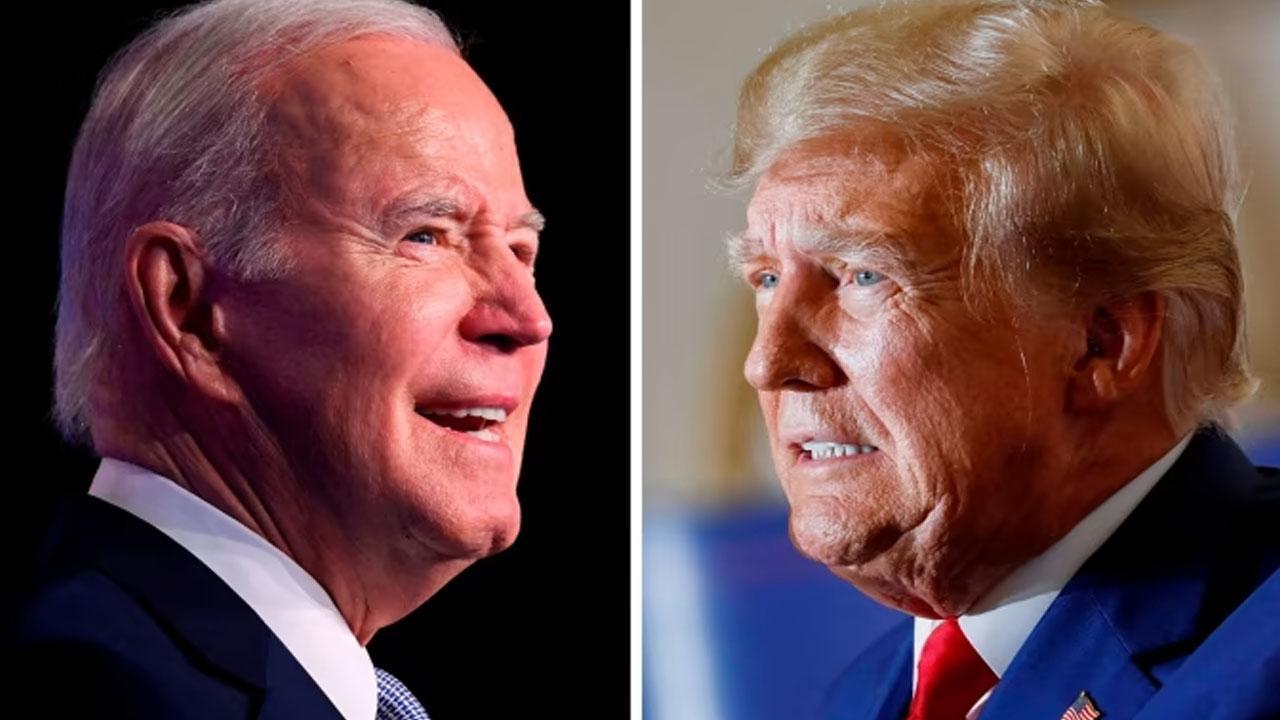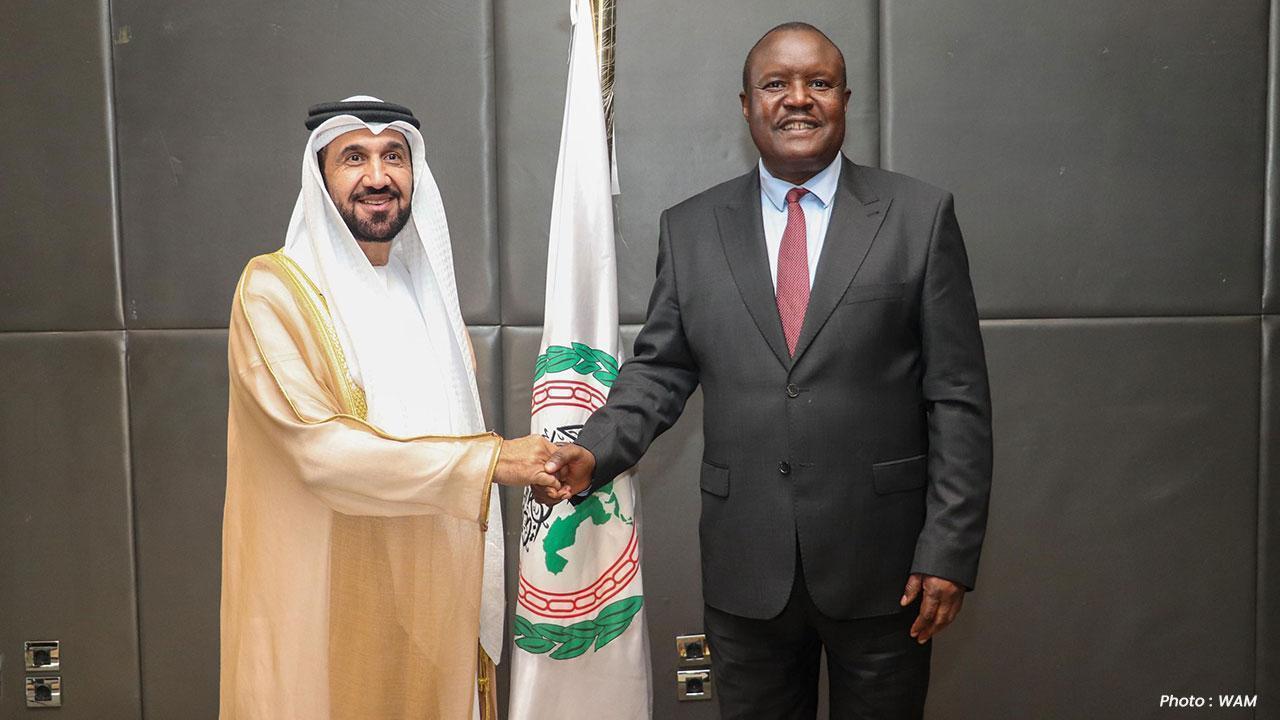
Join 10k+ people to get notified about new posts, news and tips.
Do not worry we don't spam!

Post by : Raman
Photo : Reuters
The Trump administration has officially decided to abandon a plan introduced by the Biden administration that would have required airlines to compensate passengers when flights are canceled or significantly delayed. The decision has sparked a debate about passengers’ rights, airline responsibilities, and government regulations in the United States.
The Biden-era plan, proposed in the final weeks of his presidency in December, aimed to provide clear protection to passengers who face flight disruptions caused by airlines. Under the plan, passengers could have received cash compensation starting at $200 for cancellations or significant delays due to technical problems or airline system failures. For longer delays, especially those lasting nine hours or more, compensation could have reached $775. In addition, passengers stranded overnight would have been eligible for meals and hotel accommodations, and airlines would have been required to rebook them on the next available flight, even if it was with a competing airline.
The plan was inspired by similar rules in Europe, where airline passengers enjoy strong protection for flight delays and cancellations. European regulations guarantee compensation for many types of delays, giving travelers confidence that airlines are accountable for their services. The Biden administration intended to align U.S. rules with these international standards, ensuring that Americans who encounter flight disruptions receive fair treatment.
However, the Trump administration’s Transportation Department announced that it would scrap the proposed rule. In a statement, the department said that removing the rule is “consistent with Department and administration priorities,” which focus on reducing what they describe as “unnecessary and burdensome regulations.” The administration has been pursuing policies that roll back or modify federal rules it considers costly or limiting for businesses, including airlines.
Airline industry groups, including Airlines for America, welcomed the Trump administration’s decision. This group represents major U.S. airlines such as United, Delta, and Southwest. In a statement, the organization said the department’s review of “unnecessary and burdensome regulations” was a positive step. They argued that the rule would have exceeded the government’s authority, increased operating costs, and potentially made tickets more expensive for passengers.
The response from airlines highlights the tension between protecting travelers and managing the financial realities of running airline operations. Airlines already provide some support for passengers when flights are canceled or delayed, but these services are typically voluntary. Travelers often have to request help at the airport, and airline promises are not guaranteed by law. The Biden-era rule would have made some of these services mandatory, ensuring that passengers would receive consistent assistance without having to fight for it.
Budget airlines, in particular, voiced strong opposition. Spirit Airlines, for instance, warned that mandatory compensation could create “perverse incentives,” encouraging airlines to cancel flights preemptively to avoid paying passengers. Spirit has been facing financial difficulties and recently filed for bankruptcy for the second time in a year. It also announced plans to suspend operations in certain cities next month. According to the airline, paying each affected passenger $300 or more, along with meals and hotel rooms, could become a heavy burden, particularly for smaller carriers.
Critics of the Trump administration’s decision argue that passengers are losing an important layer of protection. They say the move favors airlines over consumers and reduces accountability for flight disruptions. Without federal rules, travelers may continue to face uncertainty when flights are canceled or delayed, and many may struggle to receive fair compensation for the inconvenience.
Passenger advocates point out that flight disruptions can cause serious problems for people, especially those traveling for work, family emergencies, or vacations. A canceled flight can mean missing important meetings, losing reservations, or facing unexpected expenses. The proposed Biden-era rule was intended to provide clear compensation for such situations, giving passengers confidence that airlines would take responsibility for disruptions.
The debate over airline compensation also touches on broader questions about government regulation and consumer protection. Supporters of strict passenger rights say that airlines operate with significant advantages, including government support, limited competition on certain routes, and access to public airport infrastructure. They argue that federal rules are necessary to ensure that airlines cannot neglect passengers’ rights while pursuing profits.
Opponents, including airline executives, contend that too many regulations can hurt the industry, increase costs, and ultimately raise ticket prices for travelers. They argue that airlines already face intense competition and that additional mandatory compensation could force carriers to make tough decisions about scheduling, staffing, and operations. They also warn that strict rules could create unintended consequences, such as preemptive cancellations or reduced service on less profitable routes.
The Trump administration’s decision reflects a broader philosophy that prioritizes reducing regulations for businesses, particularly in industries like aviation, where operational flexibility is seen as essential. By scrapping the proposed rule, the administration signals that it prefers voluntary customer service policies over mandated protections. Airlines may continue to offer help to passengers, but the extent of that support will vary by airline, flight, and situation.
The impact of this decision is likely to be felt most by passengers who frequently fly on domestic routes. While some travelers may experience minimal inconvenience, others could face significant challenges if their flights are canceled or delayed. Those who have relied on strong consumer protections in Europe may find the U.S. system less predictable and less supportive.
It is important to note that U.S. airlines are still required to follow certain existing regulations, including rules regarding tarmac delays, overbooking, and disclosure of flight disruptions. However, the new rule proposed under the Biden administration would have expanded these protections to include compensation for delays caused by mechanical issues or airline system failures, which are among the most common causes of flight cancellations.
The decision also comes at a time when the airline industry is facing multiple challenges. Rising fuel costs, labor shortages, and financial pressures on smaller carriers create a complex environment for operations. Airlines argue that mandatory compensation could make it more difficult to navigate these challenges while keeping ticket prices affordable for passengers.
Despite these challenges, passenger advocates insist that fair compensation is not only reasonable but necessary. They argue that passengers should not bear the cost of delays or cancellations that are within the airline’s control. Without clear rules, passengers may be forced to negotiate individually with airlines, often with little success. The proposed rule would have standardized compensation, providing certainty and fairness for travelers.
In addition, some analysts suggest that guaranteed compensation could encourage airlines to improve service quality. Knowing that delays and cancellations carry a financial cost, airlines might invest more in maintenance, staffing, and operational planning. In this sense, the rule could have acted as an incentive for airlines to minimize disruptions and improve overall customer experience.
The Trump administration’s approach emphasizes flexibility for airlines over guaranteed compensation for passengers. While this philosophy may reduce operational costs and regulatory burdens, it also shifts responsibility onto passengers, who must navigate flight disruptions largely on their own. Travelers will need to rely on each airline’s policies, which can vary widely and may not offer the same level of protection as the proposed rule.
Overall, the decision highlights the ongoing tension between consumer protection and business flexibility. Airline passengers in the U.S. may face continued uncertainty when flights are disrupted, while airlines gain greater freedom to manage operations without mandatory compensation requirements. The debate over airline accountability, passenger rights, and regulatory oversight is likely to continue, reflecting broader questions about the role of government in balancing industry interests with consumer protections.
Conclusion
The Trump administration’s cancellation of the Biden-era airline passenger compensation plan represents a significant shift in U.S. aviation policy. While the move provides relief for airlines and reduces regulatory requirements, it leaves passengers without the clear, mandatory protections that the proposed rule would have offered. Travelers may face delays, cancellations, and disruptions without guaranteed compensation, and airlines will continue to determine their own customer service policies.
This decision underscores the ongoing tension between business interests and consumer rights. Airlines seek flexibility and cost savings, while passengers hope for fair treatment and protection from unexpected flight disruptions. As the airline industry continues to navigate operational challenges, the question of how much responsibility carriers should bear toward their passengers remains unresolved.
For now, passengers in the United States must rely on existing airline policies, which vary by company and situation. Without federal rules mandating compensation, travelers may experience inconsistencies in how they are treated during flight cancellations or long delays. The debate over airline accountability is far from over, and future administrations may revisit these issues in the years to come.
In the end, the cancellation of the compensation rule reminds us that air travel, while convenient and essential, still carries uncertainties for passengers. The balance between protecting travelers and supporting airline operations is delicate, and this decision highlights the complexities involved in regulating one of the most critical industries in the modern economy.
airline compensation, flight delay rules, flight cancellation policy, US airlines, passenger rights










India Dominates UAE by 9 Wickets in Asia Cup 2025 Opener with Brilliant Bowling
India dominates UAE in Asia Cup 2025 opener, winning by 9 wickets with Kuldeep Yadav shining and a q

Karishma's Kids Get 1,900 Crore: Priya Kapoor Defends Sunjay Kapur Estate
Priya Kapur claims Karisma Kapoor’s children already received Rs 1,900 crore as court battle over Su

Akshay Kumar 58th Birthday Heartfelt Thanks to Fans and Colleagues
Bollywood star Akshay Kumar celebrates his 58th birthday with gratitude, thanking fans and colleague

Hina Khan Backs Ashnoor Kaur After Farhana Bhatt Bigg Boss 19 Remarks
Hina Khan supports Ashnoor Kaur after Farrhana Bhatt’s comment on Bigg Boss 19, sparking social medi

India Beats Korea 4-1 to Win Asia Cup 2025, Secures Spot in 2026 World Cup
India dominates Korea 4-1 in Asia Cup 2025 final, wins the title and qualifies for the 2026 Men’s Ho

Daniel Ricciardo Retires from Racing, Joins Ford as Global Motorsports Ambassador
Daniel Ricciardo ends his racing career and becomes Ford’s Global Racing Ambassador, staying connect